Metal Injection Molding (MIM)
Introduction to MIM Process
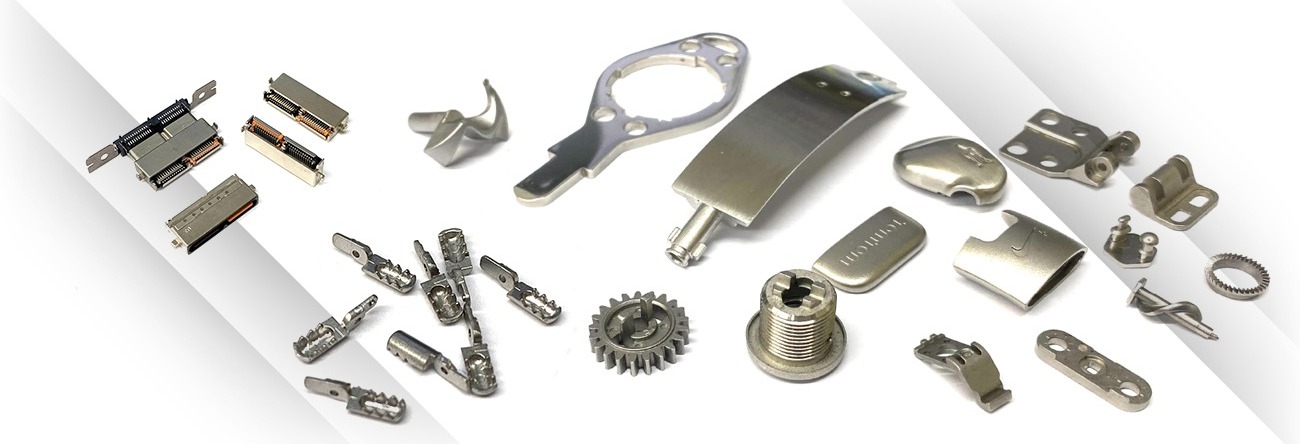
Our MIM Equipments
-
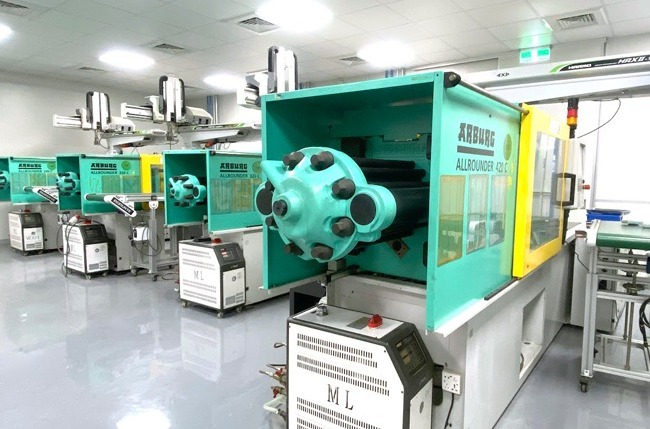
ARBURG Injection Molding Machine
Our machines are equipped with HARMO robotic arms, designed to expertly handle diverse mold requirements with precision and efficiency. -
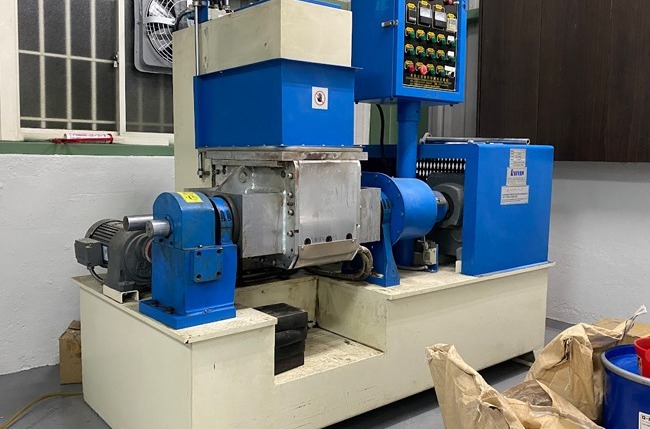
Feedstock Mixing Machine
Provide mixing of a variety of metal powder materials.
-
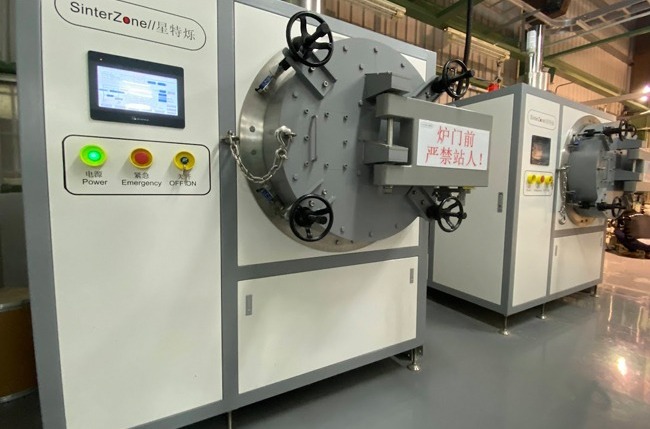
SinterZone Debinding Furnace
We offer continuous processing for debinding, degassing, and semi-sintering. -
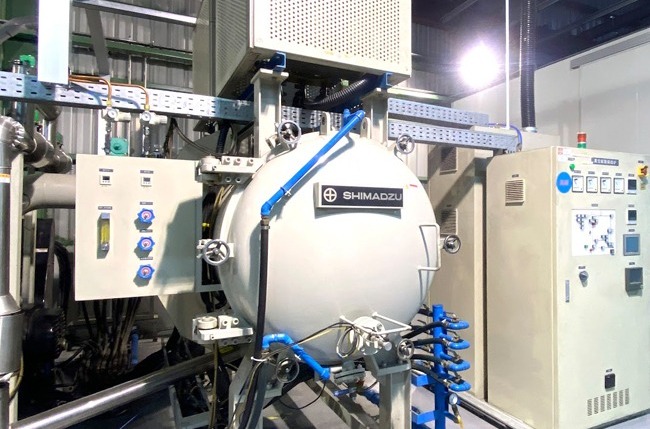
Shimadzu Sintering Furnace
2 high-capacity furnaces available to maximize production capacity.
Comparative Advantages of MIM Over Other Processes
| Metal Injection Molding | Powder Metallurgy | Die Casting (Aluminum/Zinc) |
Precision Casting | Machining | |
|---|---|---|---|---|---|
| Shape Complexity | Complex | Simple | Complex | Intermediate | Complex |
| Minimum Wall Thickness | 0.5 mm | 1 mm | 0.8 mm | 2 mm | 0.5 mm |
| Surface Roughness | Smooth | Rough | Medium | Medium | Smooth |
| Mechanical Strength | High | Medium | Low | Medium | High |
| Material Selection | Extensive | Moderate | Limited | Moderate | Extensive |
| Density | 95 ~ 99% | < 95% | 100% | 100% | 100% |
| Precision | High | Medium | Medium | Medium | High |
| Plating Capability | Good | Poor | Fair | Good | Good |
| Mass production Capability | High | High | High | Moderate | Low |
| Cost | Moderate | Low | Moderate | Moderate | High |
Benefits of Metal Injection Molding (MIM) Compared to Conventional Processes:
- Complex Shapes: MIM enables the production of intricate shapes that are challenging or impossible with traditional methods like forging or machining.
- High Precision: MIM offers excellent dimensional accuracy, reducing the need for extensive post-processing.
- Material Efficiency: MIM minimizes waste by using only the necessary material, unlike conventional methods that often produce excess scrap.
- Cost-Effective for Large Volumes: Though initial tooling costs are high, MIM becomes more economical at high volumes due to less waste and lower labor costs.
- Superior Mechanical Properties: MIM parts can match or exceed the strength and durability of traditionally made parts, thanks to their high density and uniform structure.
- Design Flexibility: MIM accommodates a wide range of materials and allows multiple features to be integrated into a single part, simplifying assembly and reducing component count.
MIM Parts
-
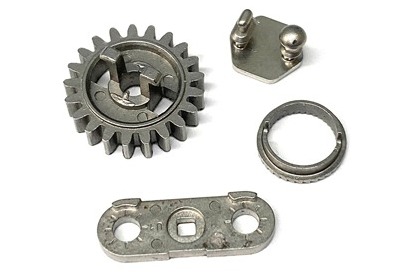
Precision Parts
-
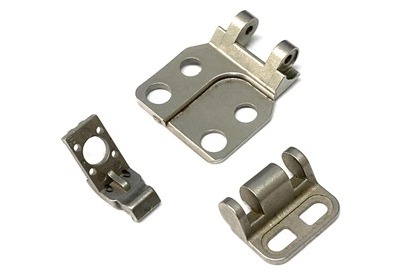
Metal Fasteners
-
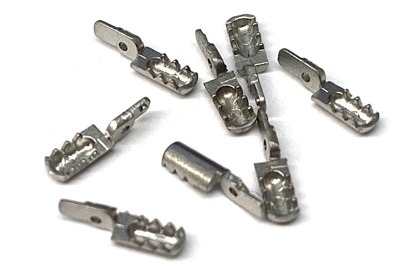
MIM Parts for Medical
-
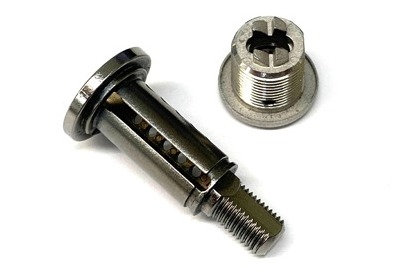
Specialty Screws
-
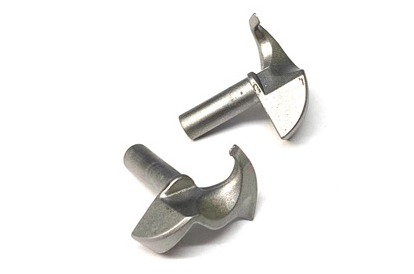
Industrial Sewing Machine Parts
-
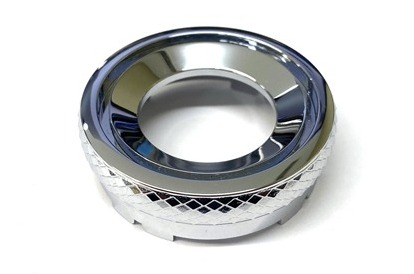
Automotive Parts

